



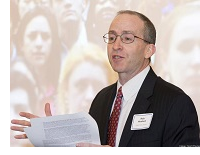
This fall will mark the 10th consecutive year that the Forum has produced annual reviews of both the Milwaukee County and City of Milwaukee proposed budgets. In each of those years, there has been one certainty: given the fierce financial challenges facing both governments, a primary focus would be which programs and positions the mayor and county executive were proposing to cut. Continue reading…
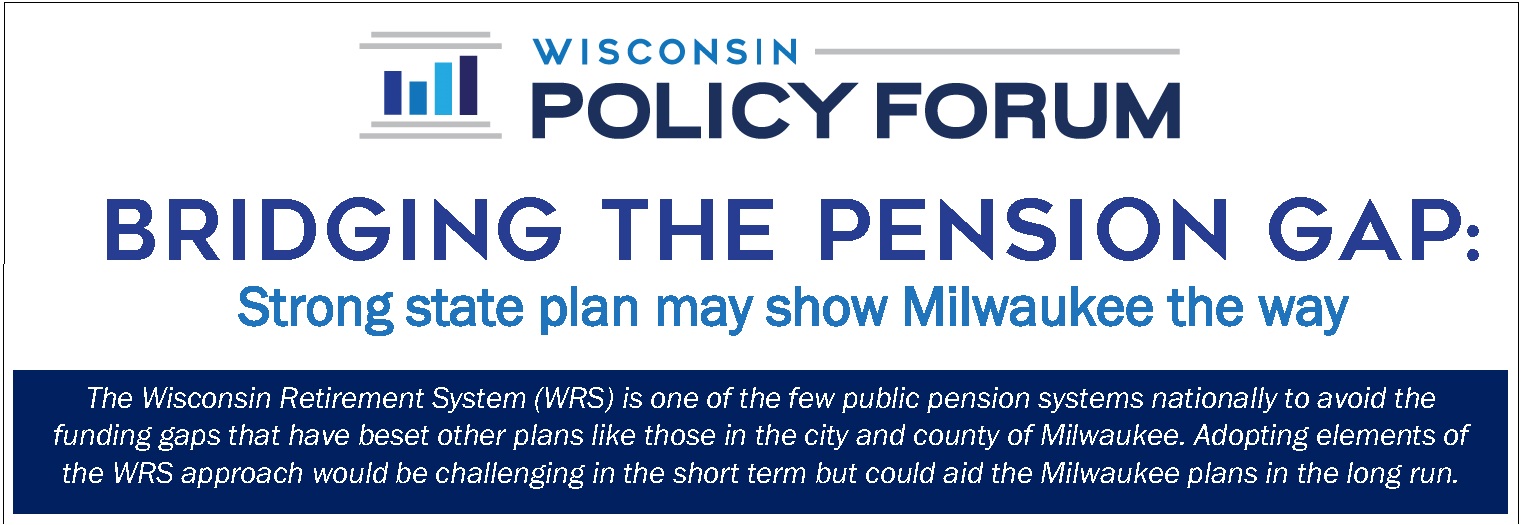
There may be no local government policy challenge in Wisconsin that is more vexing and more critical to the livelihoods of local residents than the city of Milwaukee’s need to address its pension fund liabilities. That need could require the city to find tens of millions of additional dollars annually in future budgets.
Unfortunately, this is also an issue that likely leaves most citizens scratching their heads and asking questions like “Why would the city’s pension fund contribution suddenly need to double?” and “Why not reduce pension benefits to avert massive cuts in city services?”
The Milwaukee Journal Sentinel commendably set out to answer such questions for its readers in early September and leaned heavily on Forum research and interviews with our staff to do so. While we often hesitate to toot our own horn, this is another example of the important role we play in providing impartial, expert analysis that citizens can use to better understand complex local government finance issues and their implications.
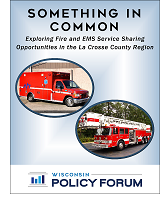
The Forum has produced five fire and EMS service sharing studies in the past year and a dozen since 2012. Some of those reports have generated little action while others have spurred new areas of collaboration. We’ll be reviewing our work in this area and lessons learned in an edition of our Wisconsin Taxpayer publication later this year.
In the meantime, we are very pleased to report that our December 2020 fire and EMS study for La Crosse County municipalities recently spurred a major service sharing agreement between the La Crosse and Holmen Area departments. Under the agreement – which was approved by the La Crosse Common Council in July – the two departments will be jointly administered by the La Crosse chief through at least June 2022. While this shared administration is taking place, other opportunities for coordinating services will be considered and implemented, perhaps leading to a full merger.
Our December report pointed out the need for service enhancements in the Holmen area to respond to increased development and population while also noting that the heavily resourced La Crosse department could potentially play a larger role in serving the entire region. This new agreement is consistent with those findings and may be a harbinger of even greater cooperation in the future.
In July, we focused on re-imagining public safety in Milwaukee. Milwaukee Alderwoman Chantia Lewis, Milwaukee County Behavioral Health Division Administrator Mike Lappen, and Acting Milwaukee Police Chief Jeffrey Norman joined us to examine the city of Milwaukee task force created to look at diverting certain nonviolent police calls to other entities. We also discussed how the city and county might better collaborate to strengthen efforts to respond to individuals facing mental health crises.
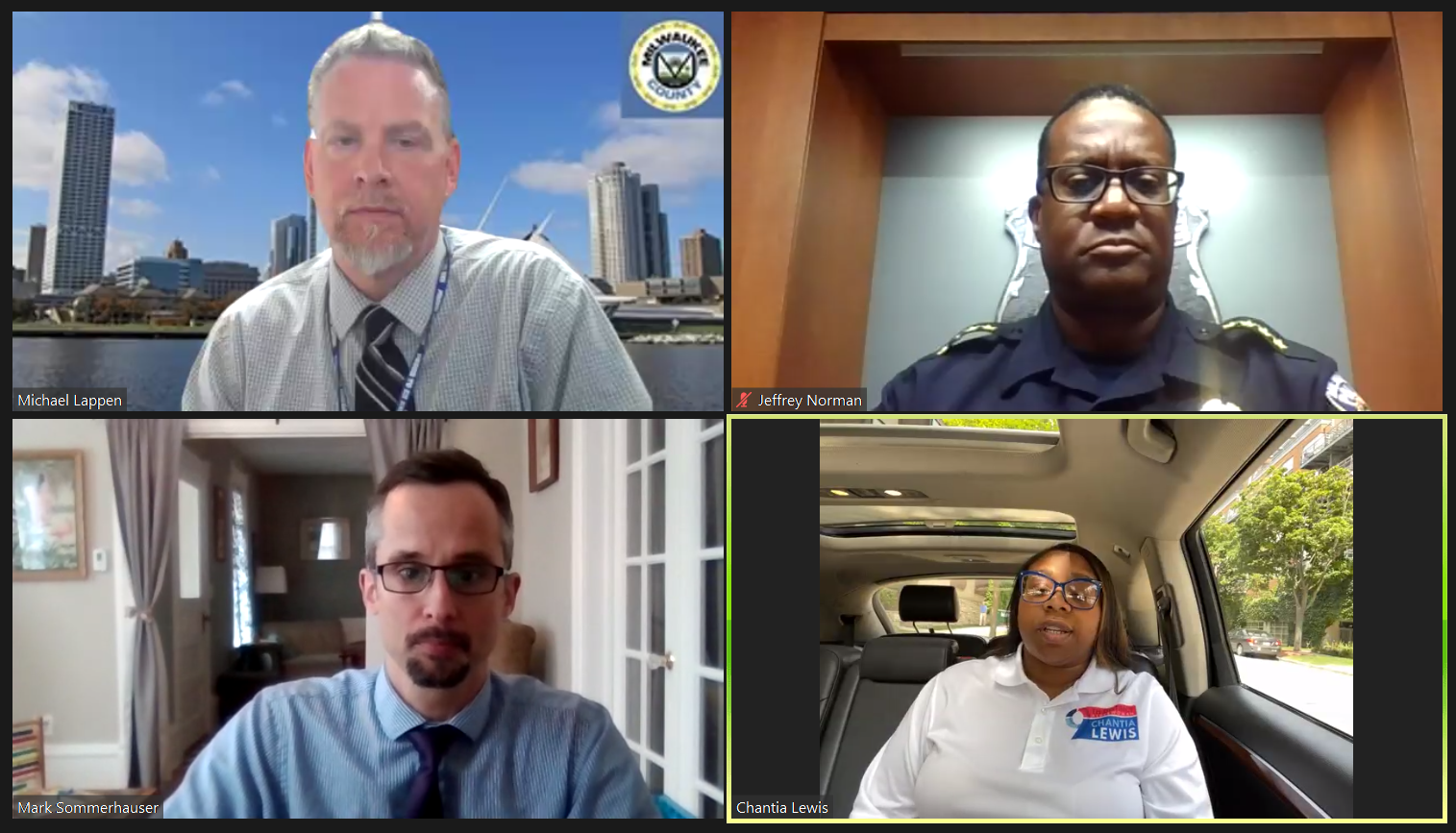
In September, our discussion looked at the array of issues facing Wisconsin school districts as students return to the classroom after the unprecedented events of the last 18 months. We were joined by Milwaukee Public Schools Superintendent Keith Posley; Kim Kaukl, Executive Director, Wisconsin Rural Schools Alliance; Dan Rossmiller, Government Relations Director, Wisconsin Association of School Boards; and Terri Phillips, Executive Director, Southeast Wisconsin Schools Alliance.
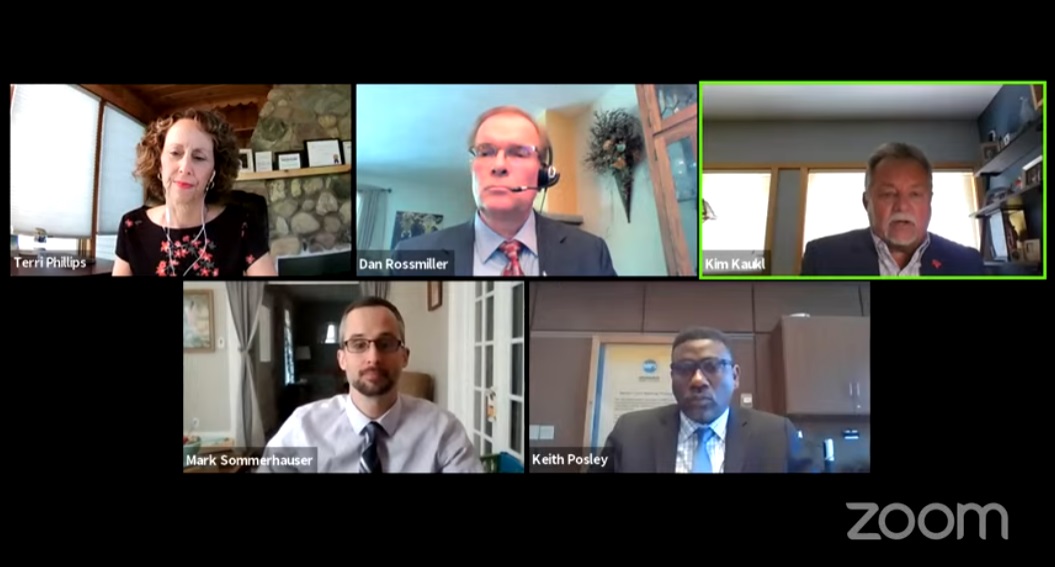
Many thanks again to our series sponsors who support our virtual Forum Friday discussions.



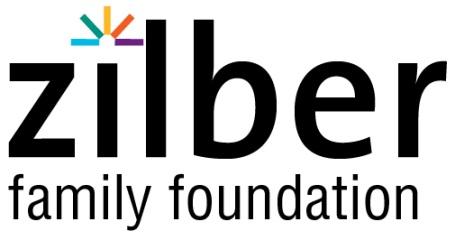
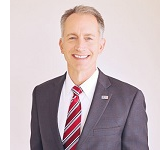
The Greater Milwaukee Association of REALTORS (GMAR) was founded in 1892 to provide stability to the real estate industry. Mike Ruzicka has been the president of GMAR since 1999. He is responsible for managing the 5,000-member professional organization and represents an industry with annual sales of over $15 billion in southeastern Wisconsin.
“How has your membership in the Wisconsin Policy Forum been a resource for you and your organization?”
I’ve found the research the WPF does to be exceptional in its examination of complex issues facing the Greater Milwaukee area, and State of Wisconsin. Too often, in society’s haste, we gloss over details in an effort to simplify issues. And, too often simplifying becomes simplistic. The WPF applies the brakes and slows down to take a thoughtful, analytical approach to every issue they tackle. They take an issue and stretch it out like the photo finish of a horse race, so you can see the details.
Most recently, the WPF’s study, “Expanding the Blueprint,” analyzed the myriad of housing organizations and agencies in Milwaukee. Housing affordability is a major issue for our organization, and we were very pleased to see how the report identified the various types of housing agencies there are, who they serve and the resources they utilize providing housing. We will use it to increase the effectiveness of our engagement with housing groups and government.
Key Services in Milwaukee County: Building on the Forum’s past work, the staff is looking at the daunting fiscal challenges and infrastructure backlog within the Milwaukee County parks system. The report will provide financially sustainable options that seek to meet the needs of residents and reflect the county’s commitment to addressing racial disparities. The Forum is also looking at ways to improve coordination of public health services in Milwaukee County, where the response to the global pandemic has been managed across 11 municipal health agencies.
Innovation DataTool: For more than a decade, the Wisconsin Policy Forum has tracked the four-county Milwaukee metropolitan area’s performance on a broad range of metrics tied to innovation and economic growth, producing written reports in 2010 and 2017 and an interactive tool in 2019. Now we are updating that tool to help business and elected leaders assess the region’s economic strengths, weaknesses, and progress in transitioning to a knowledge-based economy. This latest version will include new metrics on STEM graduates at area colleges and universities and on startup business activity in southeast Wisconsin.
Local Road Aids: We are drafting an in-depth report looking at state General Transportation Aids to local governments – one of the largest forms of state support for counties and municipalities in Wisconsin and one of the few that that has seen steady growth over the past decade. The study analyzes Wisconsin’s formula for allocating aid, compares it with approaches in neighboring states, and considers options for making the program fairer and more effective.
Student Financial Aid: As part of our ongoing work on higher education in Wisconsin, including our recently released research brief examining statewide declines in high school seniors completing the Free Application for Federal Student Aid (FAFSA), we will launch a larger project looking at troubling trends over the past decade in state and federal grants and financial aid to post-secondary students.
Salute to Local Government
Wednesday, November 17, 2021 | 11:30 – 1:30 p.m.
Italian Community Center, Milwaukee, WI
Join the Wisconsin Policy Forum for our 29th Annual Salute to Local Government awards! Our celebration recognizes local governments and school districts for innovative problem-solving, efforts to advance racial equity, and intergovernmental and public-private cooperation. We also honor individuals in the public sector for excellence and lifetime achievement. This year we will present a “Pandemic Hero” award to highlight extraordinary effort during the pandemic.
|
|
We’re excited to introduce our newest team members. Welcome to the Forum!
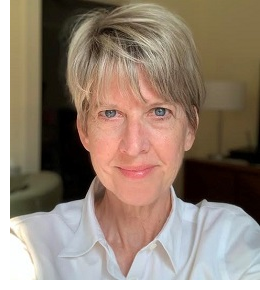
Katie Hofman is our Fund Development and Membership Director. Previously the Managing Director of Planned Giving at Marquette University, she worked in Marquette’s development office for more than 15 years and prior to that, for four years as a fund development professional and grant writer for the Milwaukee Art Museum. With a degree in law, she also previously worked for law firms in Chicago and New York. She is excited to bring her skills in fundraising and development for a leading university and a world-class art museum to this new role with the Forum.

Ned Littlefield is our Norman N. Gill fellow for 2021. He is currently Director of Analysis at Acelero Learning and pursuing a Ph.D in political science at University of Wisconsin-Madison. His research work with the Forum will focus on racial disparities in homeownership rates throughout the state, particularly in Metro Milwaukee, as well as possible solutions.
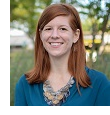
Julia Smucker is our Todd A. Berry fellow for 2021. She is an operations specialist at Marietta Investment Partners, LLC, a community advocacy and policy fellow at City Forward Collective, and is pursuing a master’s degree in educational policy at Marquette University. Her research work with the Forum will focus on “community schools” that utilize community partnerships and resources to offer wrap-around services for students and families.
For more than a century, the Forum and its predecessor organizations have produced impartial research and analysis that has generated greater understanding of complex policy issues and improved the quality of public policy decision-making in Wisconsin. In addition to maintaining your ongoing membership, we ask you to consider making a donation to further facilitate our ambitious research and program agenda. Please contact Katie Hofman, our Fund Development and Membership Director, at khofman@wispolicyforum.org or by phone at (414) 435-1130 to discuss how your charitable gift can advance our shared goal of producing objective, independent research to address state and local issues throughout Wisconsin.
In these turbulent times, we are especially grateful for the support of our members and sponsors. Thank you for reading our research, tuning in for our virtual events, participating in our (virtual) committee meetings, and maintaining your membership with us.
We are supported by hundreds of corporations, nonprofits, local governments, school districts, and individuals from across the state of Wisconsin. The following members provide particularly generous support that ensures Wisconsin will continue to benefit from having one of the nation’s most successful nonpartisan, independent public policy research organizations.

.jpg)